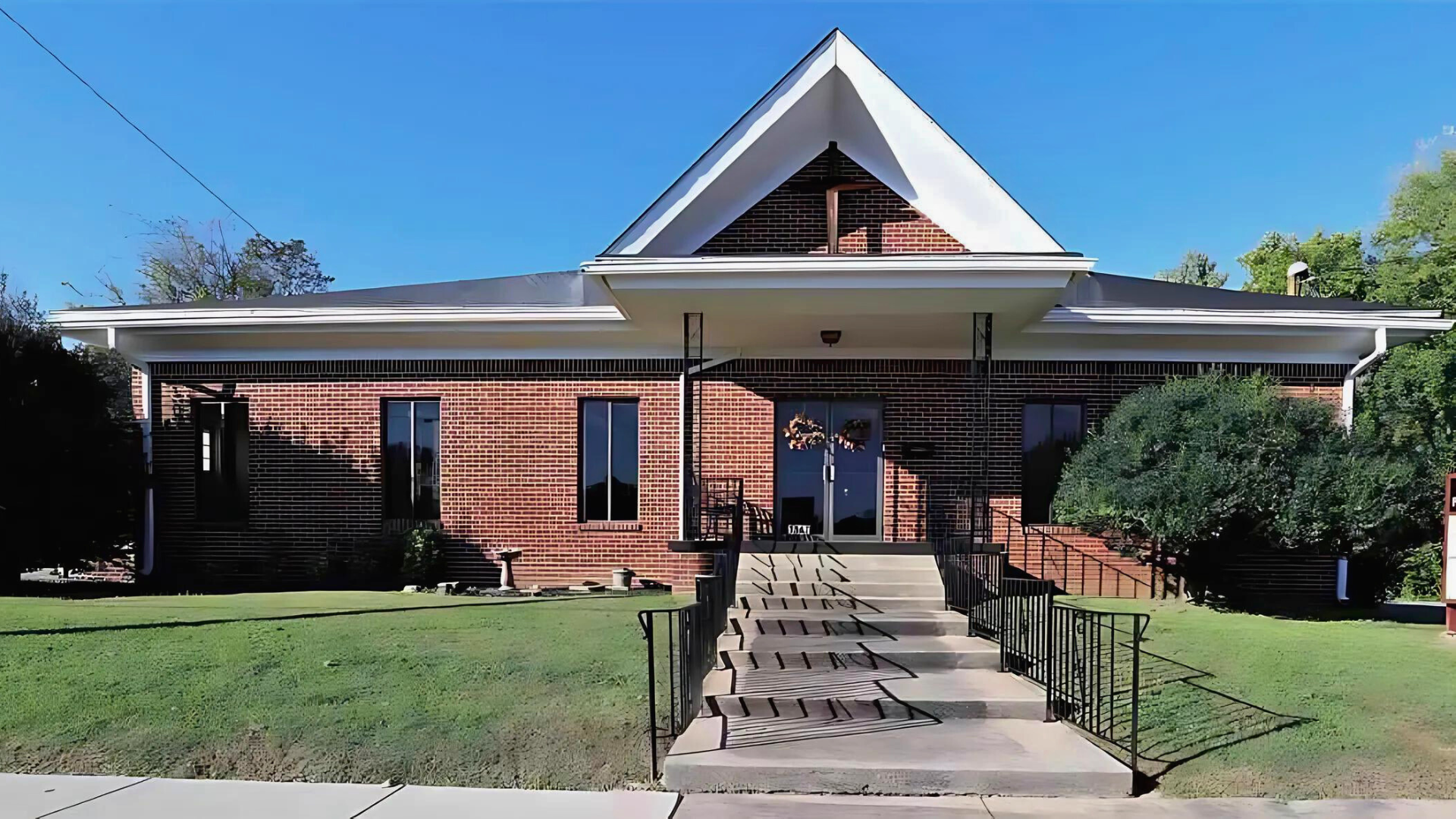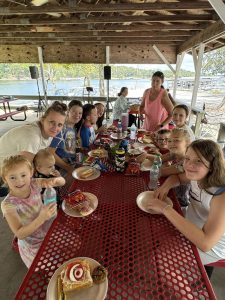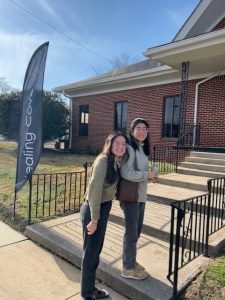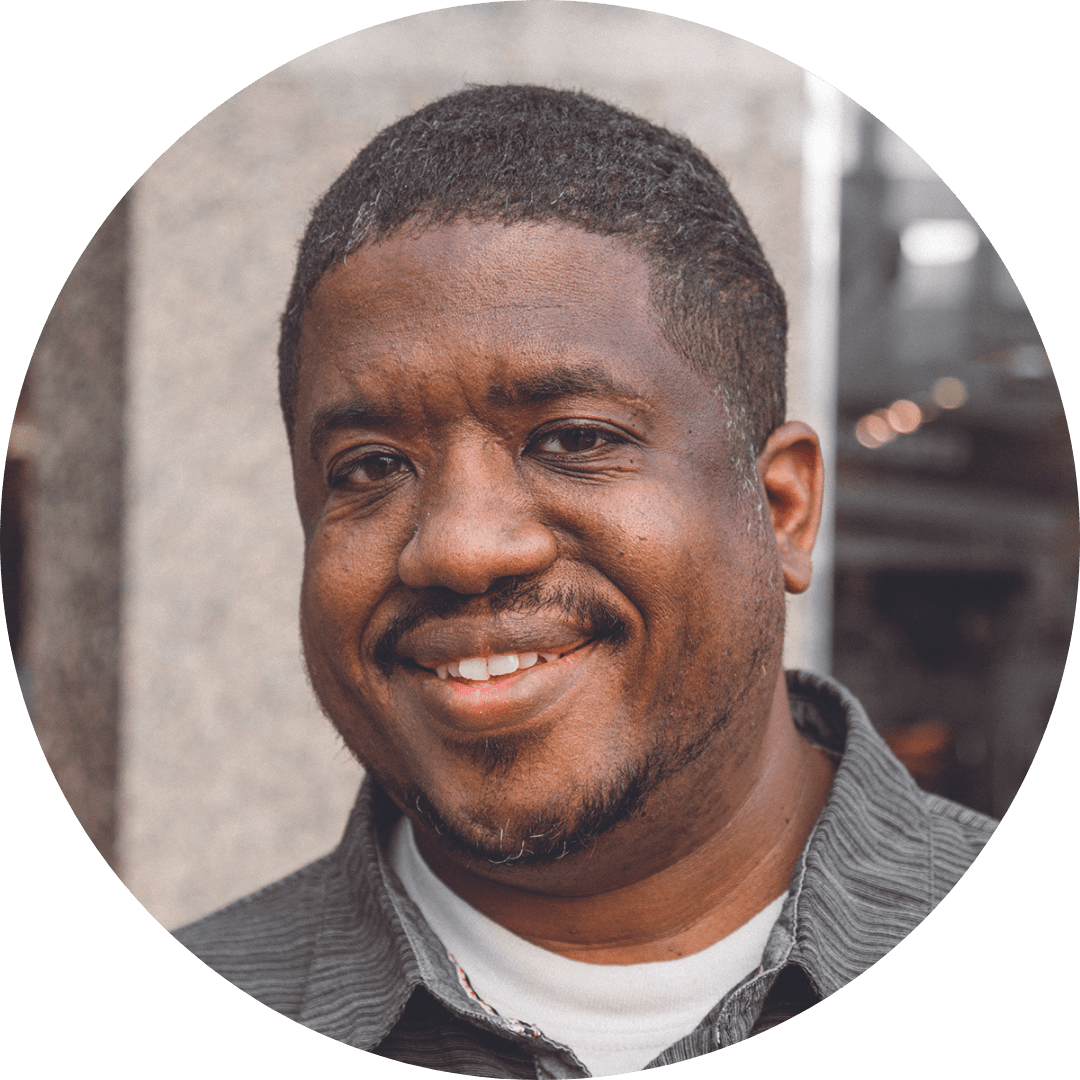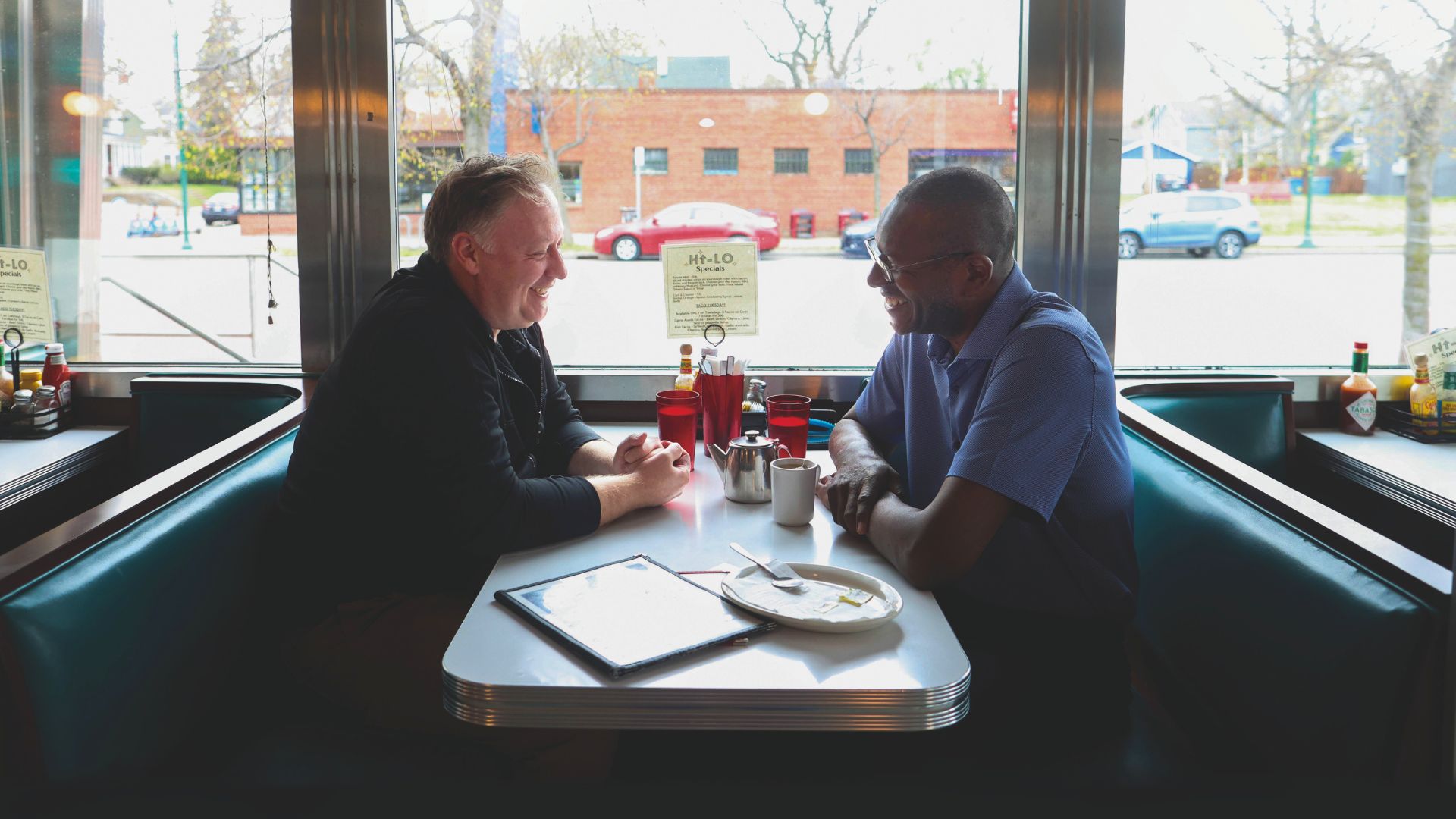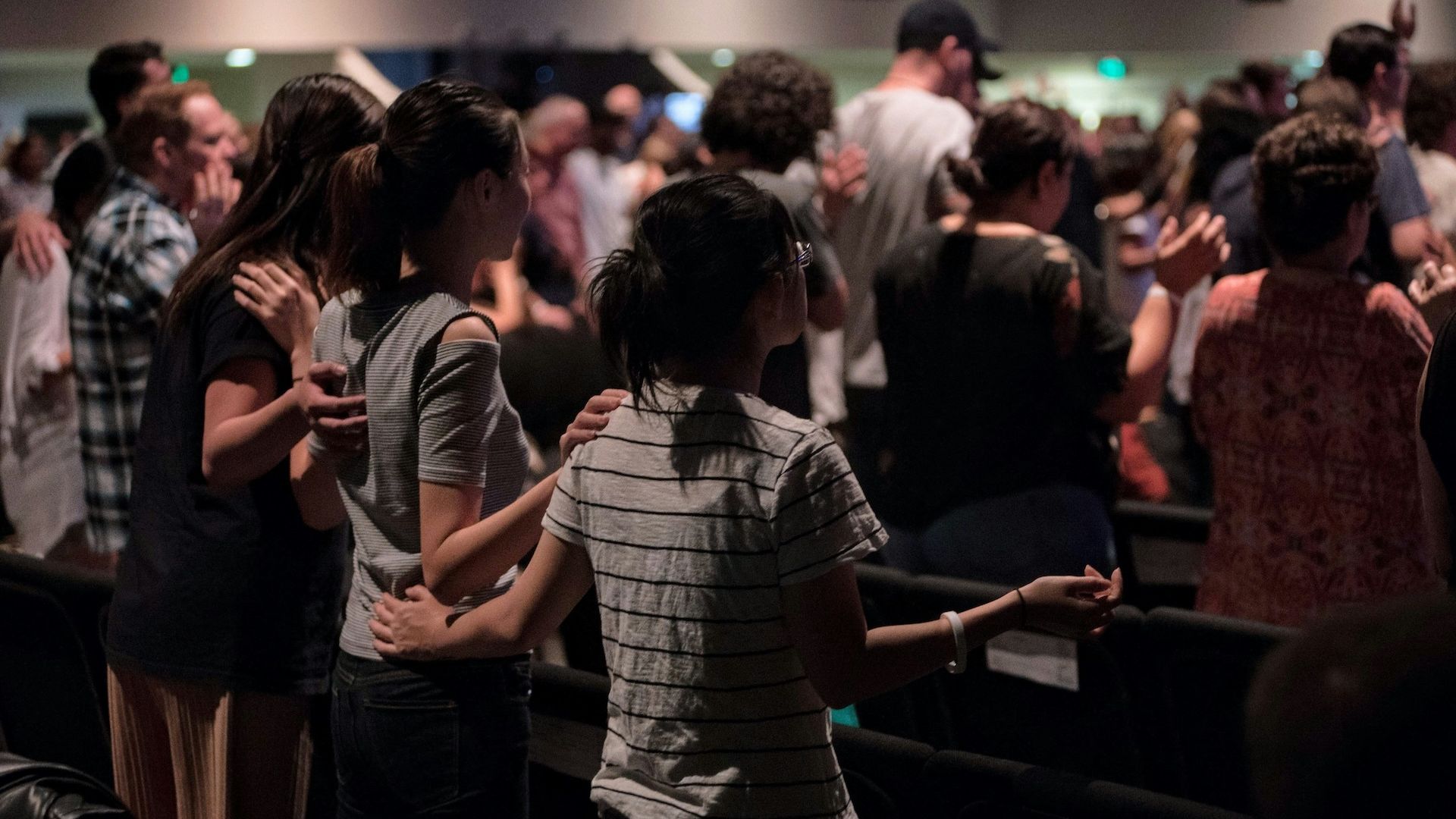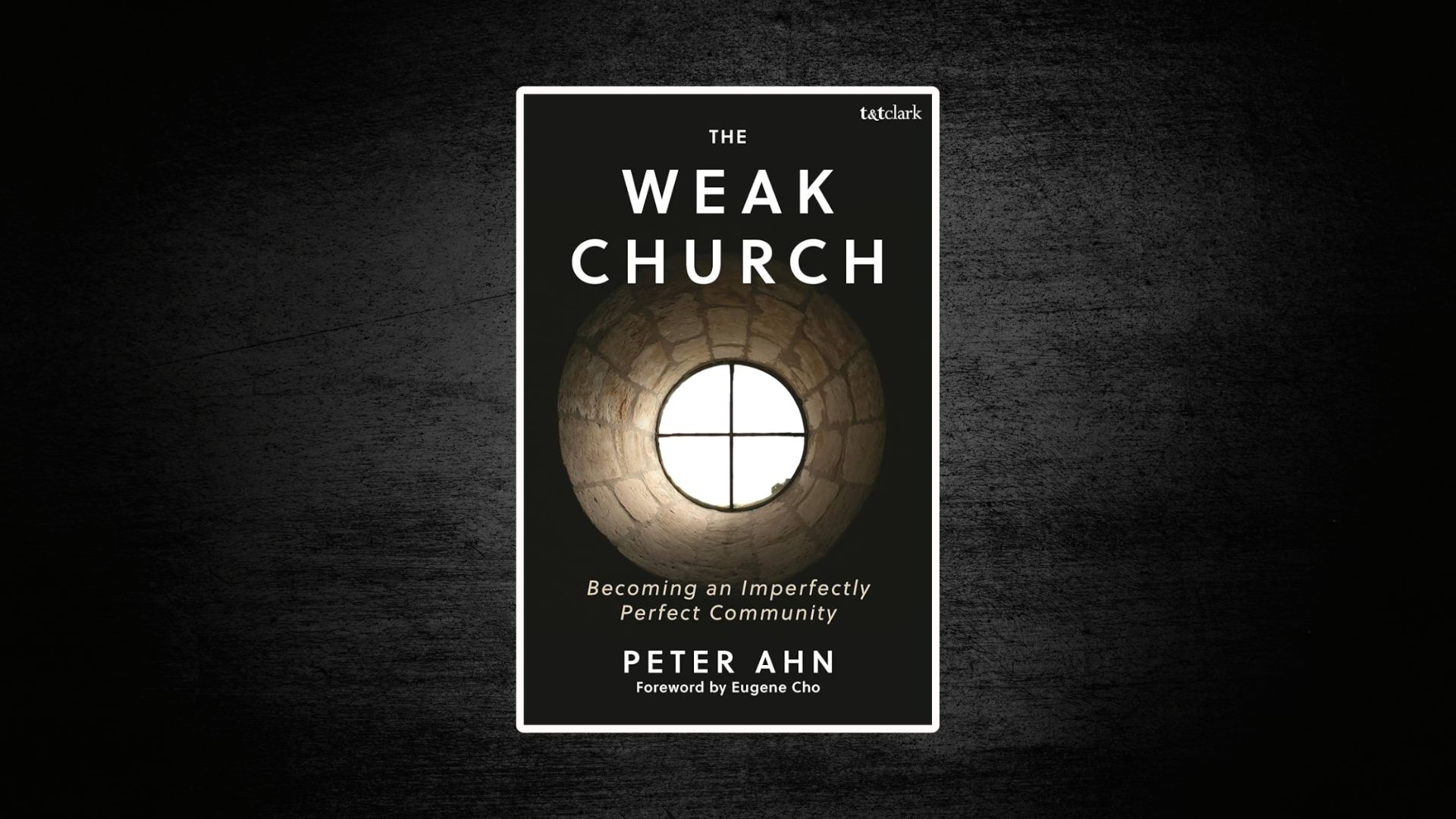After experiencing some significant pain and hurt in her ministry, Dawn Choate is a witness to how God continues writing new chapters in her story.
Choate, who now serves as lead pastor of Healing Covenant Church in Paducah, Kentucky, grew up in a nondenominational charismatic Christian tradition in St. Louis, Missouri. When her family moved to the South, she struggled. “It was tough to find churches where you felt a little more freedom, and not quite so buttoned-up,” she said recently when we spoke over the phone.
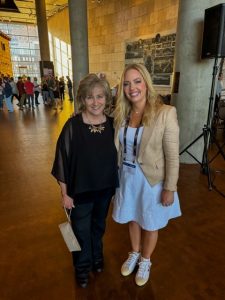
Her first connection with the Covenant was over a decade ago with Four Rivers Covenant Church in Paducah, which launched in 2000 and then re-launched in 2009 as part of a merge with another congregation that was nondenominational. Choate and her husband were active in the church, and she eventually joined the pastoral leadership team, preaching several times a year.
However, after she had been serving in the role for several years, the lead pastor decided he no longer wanted women to serve in pastoral roles. He began to remove opportunities for women to lead. As the only woman on the pastoral team, Choate became a lightning rod for conflict over the role of women in leadership. Eventually, she was forced out of leadership altogether. “It felt like I ran into a brick wall,” said Choate. “It was not an easy time at all.”
Yet now she sees evidence of God’s providence at that low point. “When all of this went south, I was serving on the board of the Great Lakes Conference representing our church. Through that connection, the Covenant came alongside me and my family. It was a dark, difficult, multi-year process. Because we were the only Covenant church in the area, I had to face the possibility of no longer being a part of the Covenant.”
But the Lord had other plans. “I had this sense from God that I was supposed to stay rooted and connected in the Covenant,” Choate said. So she persevered. She attended church and leadership conferences on her own, paying out of pocket. “It’s a really tough context to be a woman in ministry in the South. Some of the largest churches here don’t even let women be ushers—that’s how strictly the lines can be drawn.”
A few years earlier she had started a nonprofit called Healing Projects, which became her primary outlet for ministry during that time. “That felt so authentic, and I was able to do the work of the kingdom, without being in a hierarchical structure of spiritual authority where people were telling me what I could or couldn’t do because I was a woman. That gave me some freedom.” She felt drawn to the church planting world and did her best to connect with other church planters. It was lonely because so few women in her area were serving as lead pastors and she knew of no women who were planting churches.
“It did not look like it was going to lead to anything,” she said.
Eventually, the leaders at Four Rivers moved on, and the congregation dwindled. Then, in a turnaround of biblical proportions, they asked Choate to serve in leadership again—and then called her to become the lead pastor.
In retrospect, Choate can see God’s hand at work, orchestrating it all.
After she initially left Four Rivers, the church sold one of their two buildings to a real estate firm with a Christian landlord. At the time, her nonprofit ministry, Healing Projects, happened to be in need of office space. For some reason, she felt like she was supposed to inquire about that building.
“That’s crazy,” she remembers thinking. “I can’t go back and ask them if they would rent to us…and if they did, it would probably be at some outlandish rate that we couldn’t afford.” But she followed the Spirit’s leading, and the owner was moved by the stories of her nonprofit work. He offered her a reasonable lease, which allowed Healing Projects to flourish.
It was only after Healing Projects had occupied the building in Paducah that the Four Rivers congregation asked her to return to leadership.
“It was very surreal,” she said.
The twists and turns in her story continued. In the fall of 2019, Healing Projects suffered a tragic setback.
“We were in the same building where we’d suffered all this previous trauma. And then one day, we found out that a group from another church had gained access to our building under false pretenses and raided our offices. They took everything—all the goods that had been donated, everything I received after traveling for mission work, even all of the personal photos on our desks—every single thing that we owned in that building, they took.”
Choate told me that the business cards and promotional materials for Healing Projects had the words “love your neighbor” written all over them. In a stroke of bitter irony, they stole those too.
They learned that another church was selling these goods online in order to fund some of their ministries. So Choate did what any reasonable person might do—she contacted the police. But the police officer who spoke to Choate didn’t believe her. When she mentioned who she believed was behind the theft (which was confirmed later that day), he refused to even consider it.
“As soon as I mentioned them, he shut down. Didn’t write anything down. It became clear that he wasn’t going to help. He actually said to me, ‘Pastors wouldn’t do this. They aren’t thugs.’ In his worldview, he just couldn’t conceive of that.”
In the midst of these painful memories, Choate insists that God continued to look out for her and her ministry. “The people who were serving with me—that was their stuff that was stolen too. I almost felt like telling them, ‘Don’t follow me anymore. I must be cursed or something.’”
But of course, God had other plans.
Three weeks before this setback, God had given her a subtle clue. “I was driving in my car one day, and I heard a voice. It felt almost audible—and this has maybe happened only two or three times my entire life—but I heard the Holy Spirit say, ‘You need to find a new home.’”
Choate says she doubted at first, but then she heard it again. The second time, she realized it was about Healing Projects. So she did some checking around and found a little church building for sale at a great price. “I didn’t know why, but it felt like home.” So she brought her team to check it out. She expected them to say, ‘Hey, there’s no need to leave our current building, we’ve got a dirt-cheap lease, etc.’” But they all had the same reaction: “It feels like home.”
So when the theft took place, they already knew where they were going next. They didn’t know what was happening, but God knew. “God has been forming this group of people for years,” says Choate.
Worship pastor Tony Borden is an elder statesman who was part of the remnant who asked Pastor Dawn to help launch the church plant that is now Healing Covenant Church. He says that just about everybody involved now has been on a healing journey of recovery from burnout, not just from that previous church but from other ministry experiences in general.
When I asked him what makes the “Healing Cove,” as they call it, different, he was quick to answer. “I guess in our congregation we don’t have to go far to find the broken. In this church, we are the broken.”


